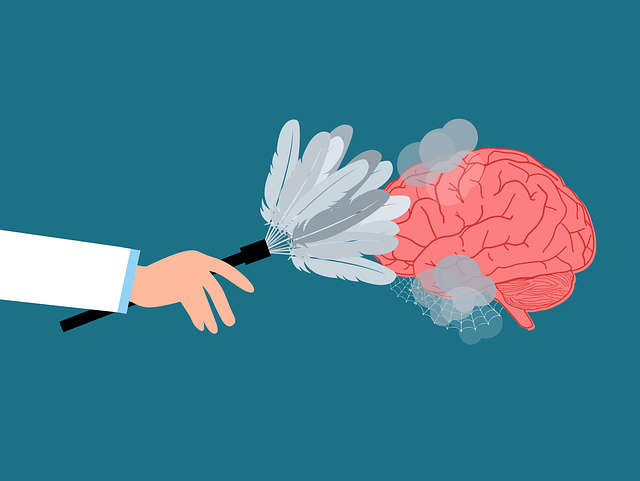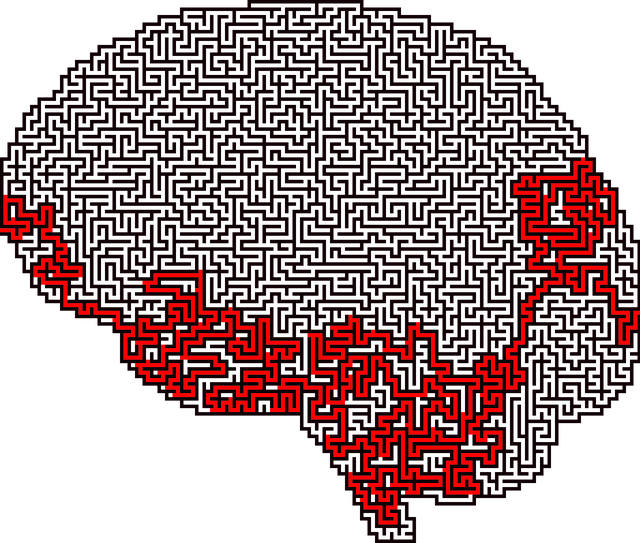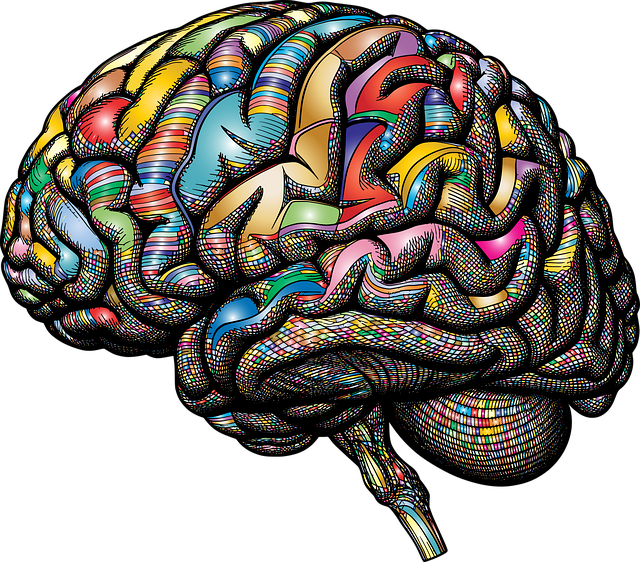Media portrayal of mental health significantly impacts children's understanding, with accurate representation promoting well-being and reducing stigma through positive therapy portrayals, like Cognitive Processing Therapy (CPT). Inaccurate or negative media can lead to misinformation and internalize harmful messages. Therefore, advocating for responsible storytelling that accurately portrays therapeutic interventions is crucial. Integrating CPT in media, alongside journaling exercises and compassion cultivation, can empower children and caregivers to challenge negative beliefs about mental wellness, fostering a more compassionate society.
Mental illness representation in media significantly impacts children’s understanding of mental health. This article delves into the profound effects of media portrayal on young minds, highlighting the need for positive and accurate depictions. We explore ‘Cognitive Processing Therapy’ as a promising approach to countering stigmatized representations. Furthermore, we provide strategies for media creators to foster a more compassionate and informed society. By implementing these solutions, we can promote mental health awareness while ensuring therapy options like Cognitive Processing Therapy are accessible to children.
- Understanding the Impact of Media Portrayal on Mental Health Awareness for Children
- Cognitive Processing Therapy: A Promising Approach to Addressing Stigmatized Representations
- Strategies for Promoting Positive and Accurate Mental Illness Depictions in Media
Understanding the Impact of Media Portrayal on Mental Health Awareness for Children

Media portrayal plays a pivotal role in shaping children’s understanding and perceptions about mental health. With increasing screen time, kids are exposed to various media narratives that can either positively influence their mental well-being or perpetuate harmful stereotypes and misconceptions. Positive media representation of therapy, such as Cognitive Processing Therapy, can foster empathy building strategies among young audiences, encouraging open conversations about emotional struggles. This, in turn, may reduce the stigma associated with seeking help and motivate children to share their experiences without fear of judgment.
On the contrary, negative or inaccurate portrayals can lead to misinformation and contribute to burnout prevention challenges for healthcare providers who subsequently deal with these concerns. Crisis intervention guidance is often necessary when media representations fail to reflect reality, potentially causing young viewers to internalize harmful messages about mental illness. Therefore, it’s crucial to advocate for responsible media storytelling that accurately portrays therapeutic interventions like Cognitive Processing Therapy, thereby promoting a healthier and more supportive environment for children’s mental health awareness.
Cognitive Processing Therapy: A Promising Approach to Addressing Stigmatized Representations

Cognitive Processing Therapy (CPT) offers a promising approach to combat stigmatized mental illness representations in media. This therapeutic technique focuses on modifying unhelpful thought patterns and cognitive distortions that contribute to negative perceptions and attitudes towards individuals with mental health challenges, especially children. By teaching children and their caregivers effective coping strategies and reframing techniques, CPT empowers them to challenge and change distorted beliefs about mental wellness.
Integrating therapy for children with mental wellness journaling exercises and compassion cultivation practices can further reinforce positive changes. Mind over matter principles encourage self-reflection and personal growth, fostering a deeper understanding of mental health. This comprehensive guidance ensures that media representations accurately reflect the diverse experiences of individuals navigating mental illness, thereby reducing stigma and promoting a more compassionate society.
Strategies for Promoting Positive and Accurate Mental Illness Depictions in Media

Media has a significant impact on shaping public perception, and accurate representation of mental illness is crucial for fostering understanding and reducing stigma. To promote positive and authentic portrayals, various strategies can be implemented. One effective approach is to involve mental health professionals in the creative process, ensuring consultation during scriptwriting, casting, and production. This collaboration can help introduce complex emotional healing processes and integrate therapeutic techniques such as Cognitive Processing Therapy for Children.
Additionally, media outlets can prioritize storytelling that focuses on individuals’ resilience and recovery journeys, showcasing diverse characters with various mental health conditions. Encouraging on-screen representation of effective treatments, like Mindfulness Meditation alongside therapy, can also contribute to a more nuanced understanding. By doing so, the media can play a vital role in educating audiences while fostering empathy and encouraging support for those facing mental health challenges.
In conclusion, media representation plays a pivotal role in shaping young minds’ understanding of mental health. By employing strategies that promote positive and accurate depictions, such as Cognitive Processing Therapy, we can significantly enhance mental health awareness among children while mitigating the damaging effects of stigmatized representations. These efforts are essential to fostering empathy, reducing stigma, and ensuring children receive the support they need for their cognitive and emotional well-being.









